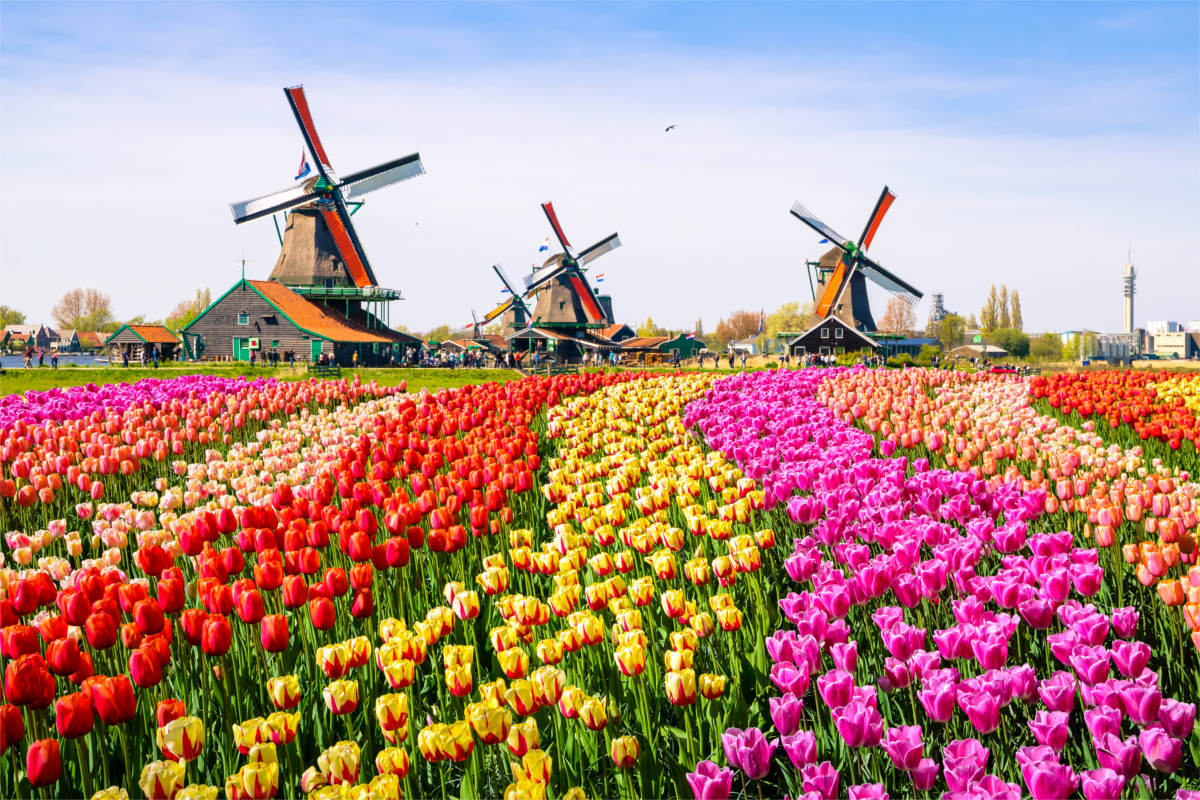Think Australian house prices are overblown? Not compared to the economic bubble that surrounded Dutch tulips back in 1600s.
Next time you’re in Amsterdam and you spot a bunch of tulips at the local markets, grab a couple of bunches, because there was a time in history when you probably couldn’t have afforded a single bulb.
Originally introduced to Europe by a foreign ambassador from the Middle East, tulips ended up becoming so valuable throughout the continent that they created a period known as “Tulpenwoede,” or “tulip madness.” The Dutch going especially nuts over the large, showy flowers.
How expensive are we talking? Well, at one point a single tulip cost the equivalent to over $90,000 today. Maybe that’s not so hard to imagine in a country like Australia, where some idiots pay $400,000 for a single car space in the city, but that doesn’t mean it’s not completely insane.
at one point a single tulip cost the equivalent to over $90,000 today
Trying to explain the phenomenon, Scottish journalist Charles Mackay wrote in his book Extraordinary Popular Delusions and the Madness of Crowds that masses of people tend to behave irrationally and he used tulip mania as his prime example.
Convinced demand would never wane and prices would rise indefinitely, people kept throwing their money at the flowers for years, until the bubble finally burst in the winter of 1637, when nobody turned up to a flower auction in the Dutch city of Haarlem. They say the no-show was probably due to an outbreak of the plague, and nothing to do with the flowers, but it was enough to spook the marketplace and the madness was quickly over.
Today, the Netherlands still produce 4 billion bulbs and flowers every year, which is by far the most in the world. And a pack of 25 bulbs will only set you back a reasonable six or seven Euro.
Get your own glimpse of Holland’s favourite flowers right here.




